GroVia offers one of the best known hybrid diapers, which lets you choose between cloth absorbency or a disposable absorbency layer which is made primarily from biodegradable and compostable materials. Oh, before you cancel your baby wipes subscription…. There are options to make better choices for them and keep our planet healthy. Once the used diapers make it to DYPER's facility, the synthetic parts will be separated and disposed of, and the majority of the diapers will be composted. The Pure diaper is not as pure as most parents might want, with added fragrances and lotion that could act as an irritant to sensitive or newborn skin. There has been a trial scheme running for some time in Wales and Bristol to recycle nappies , however both traditional and eco-disposable nappies are technically extremely difficult to recycle in the quantities produced daily in the UK. Pure is soft and comfy with materials that do not chafe or bind, but there are options in the lineup that are more comfortable. Eco by Naty are priced at 40 for £12, or 30p each from Boots. Parasol Co Favorites Explore our latest collection of natural baby products. Remember, these cannot be composted conventionally, and must be composted in an industrial facility equipped to compost diapers.
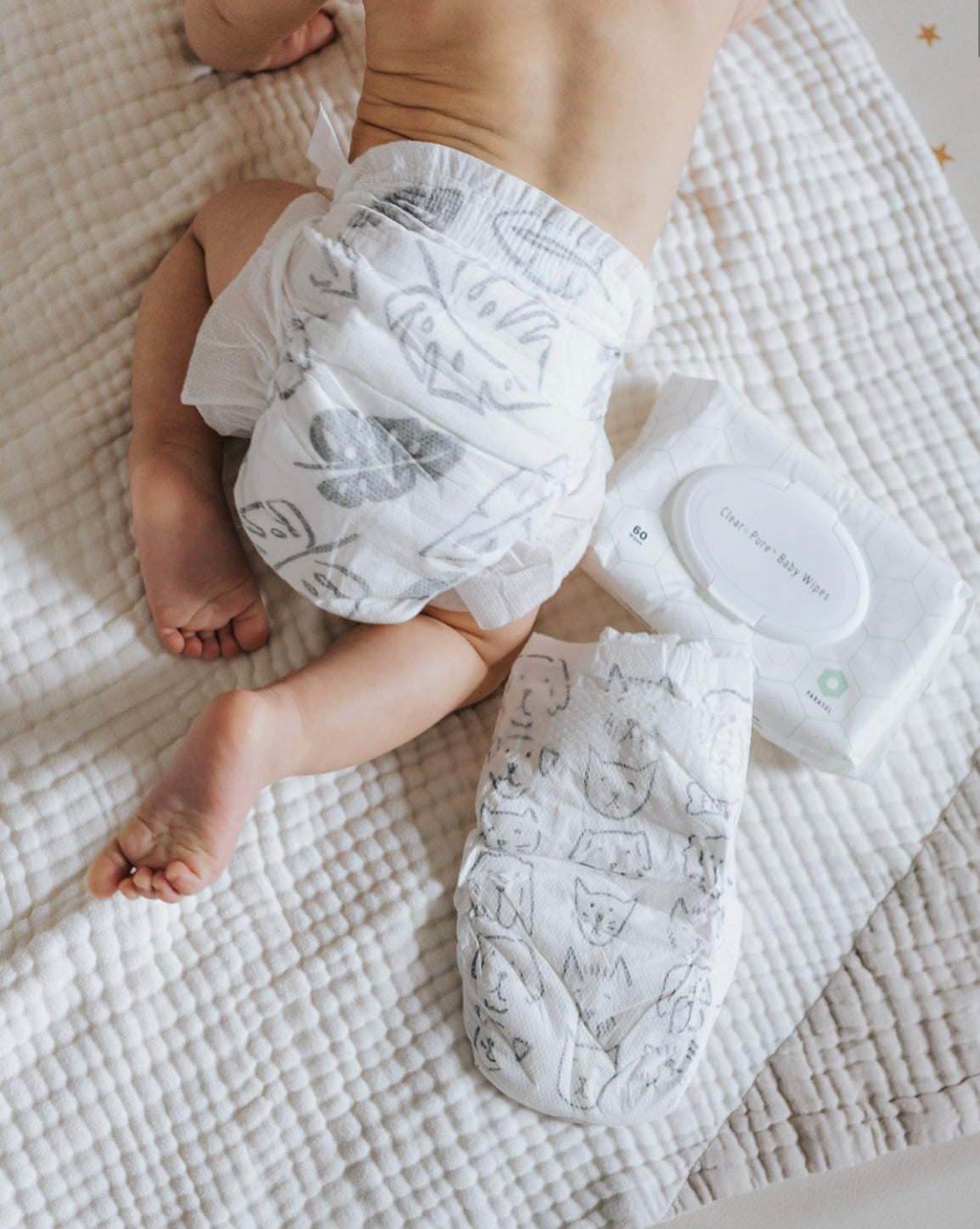
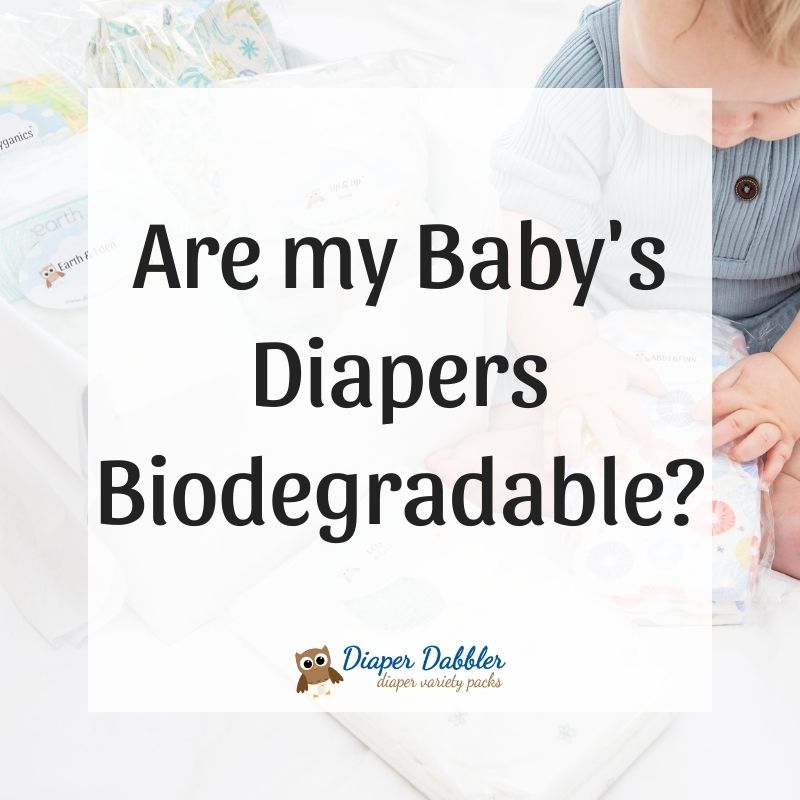
We are on a journey to learn how to achieve lower carbon , less waste and a brighter future for every baby, and their planet. We can make the switch without a hitch. About the author: Helen Rankin is a Mum of 4, who founded Cheeky Wipes, the original reusable wipes kit back in after disposable wipes caused her eczema to flare up. You can have an adverse reaction to phthalates at any age, but it's more likely to occur in children and unborn babies. Updated April 07, With a totally chlorine-free manufacturing process, it appears to be off to a good start, but it doesn't use renewable resources like bamboo or offer much for baby's skin. Diaper bleaching produces them as a by-product. Natural diapers are usually hypoallergenic, this is achieved by not containing chemicals, dyes, chlorine, fragrances, and plastic substances, such as phthalates and latex.
Most Diapers Are Not Biodegradable
Diapers marketed as biodegradable or compostable can absolutely be as absorbent and secure as regular diapers — it just depends on the brand! By: Terese Flores Welcoming a newborn into your life is an incredible, life-altering experience. Most disposable diapers are not biodegradable leading many to think that the only eco-friendly diapering option is cloth diapers. And they now have a bamboo biodegrabeable nappy range. Accredited as safe by Skin Health Alliance. Overall, we don't think the Pure diaper is all that Pure given the intentional additives for smell and feel. Oh, before you cancel your baby shampoo - body wash subscription…. Babies will use diapers during their first year of life, leading to diapers being the third largest single consumer item that ends up in landfills. Parasol Clear and Dry. This diaper includes a "light fragrance" and a lotion on the top sheet but is manufactured using a totally chlorine-free process. And you thought it would never happen…. Dioxins are persistent organic pollutants.
Are Diapers Biodegradable? | The Natural Baby Company
- In eco-disposables this plastic tends to be plant based rather than oil based plastic, but it is still plastic.
- Popular subscriptions Gentle on skin.
- Most diapers marketed as either biodegradable or eco-friendly cannot be composted, because they include various synthetic components.
- Inks made without disperse dyes.
- Quick Add.
- That's when we launched our reusable wipes kit which makes it easy for parents to use reusable wipes, even if they use disposable nappies.
And also, sleep. Remember sleep? But with all the waste diapers can cause, you may be wondering if there are biodegradable diapers out there. Not to mention, disposable diapers account for 2 percent of the U. Read on for everything you need to know about how diapers should be disposed of, what eco-friendly alternatives exist, and more. Unfortunately, conventional single-use diapers are not biodegradable. When something is biodegradable, that means it is made from nature, and is able to break down naturally and turn back into soil. Single-use diapers are typically made from a variety of plastic-based ingredients, and plastic is not biodegradable. And considering the fact that disposable diapers only hit the mass market in , according to Mother Jones , not enough time has passed to know exactly how long diapers and other plastic products really take to break down. Diapers cannot be recycled, and typically, must be disposed of in the trash. The only plastics that can go in your curbside recycling bin are rigid plastics, like bottles and containers. If you buy diapers in a cardboard box, that can be recycled with paper and cardboard; if your diapers come in plastic shrink wrap, check with your local grocery store if you can recycle it there with plastic bags. A popular alternative to conventional single-use diapers is single-use biodegradable or compostable diapers. In general, diapers marketed as biodegradable or compostable tend to use more sustainable materials and production methods than regular diapers, making them a bit more eco-friendly. But if they are not actually sent to a composting facility, then their impact is only very slightly better than regular diapers. But this is greenwashing. In reality, most single-use diapers contain plastic, meaning they will wind up in the same place as your average Huggies — the landfill. The world biodegradable gets tossed around a lot when talking about eco-friendly diapers. This helps make consumers feel like those diapers will break down in the landfill, when in fact, these diapers all use plastic and will not break down for hundreds of years.
That's when we launched our reusable wipes kit which makes it easy for parents are pampers biodegradable use reusable wipes, even if they use disposable nappies. That you are going to have to feed and look after and clean and get to sleep. How long does it take Pampers nappies to biodegrade? Which eco nappies are best for the environment? Which eco nappies get best reviews? The benefits of eco nappies are that they are designed to be more environmentally friendly than traditional disposable nappies. They use less chemicals and have a lower carbon footprint in production than standard disposables, are pampers biodegradable. Using renewable sources and practising greener manufacture and operations,these brands have a lower carbon and chemical input than normal oil-based plastic versions. However ALL disposable nappies create the same amount of waste.
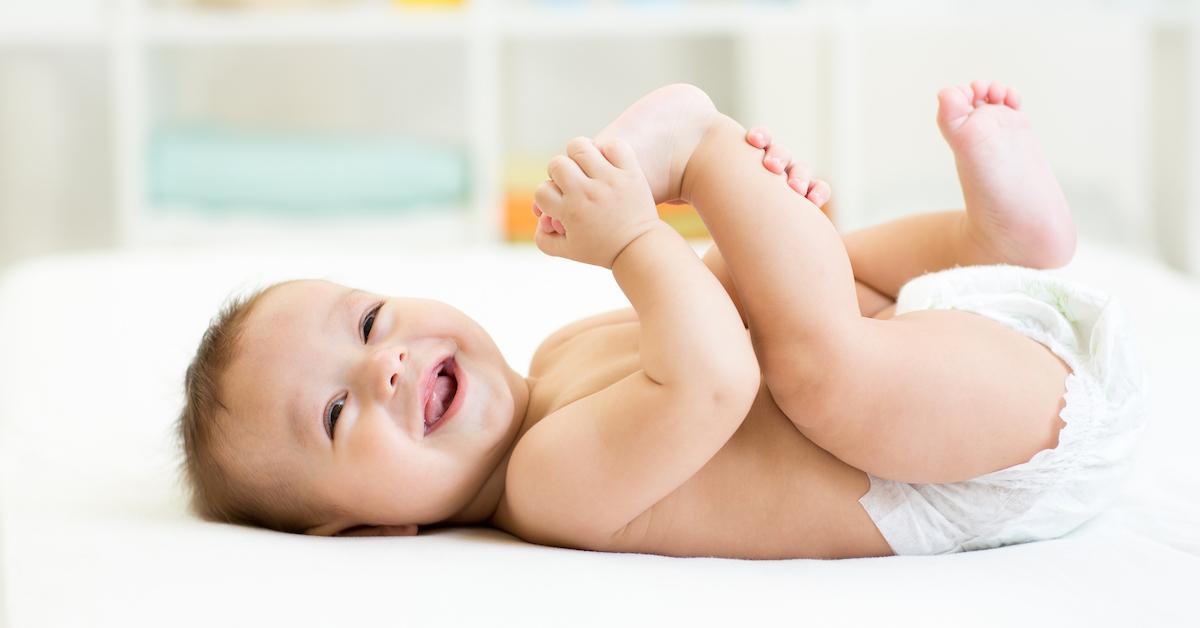
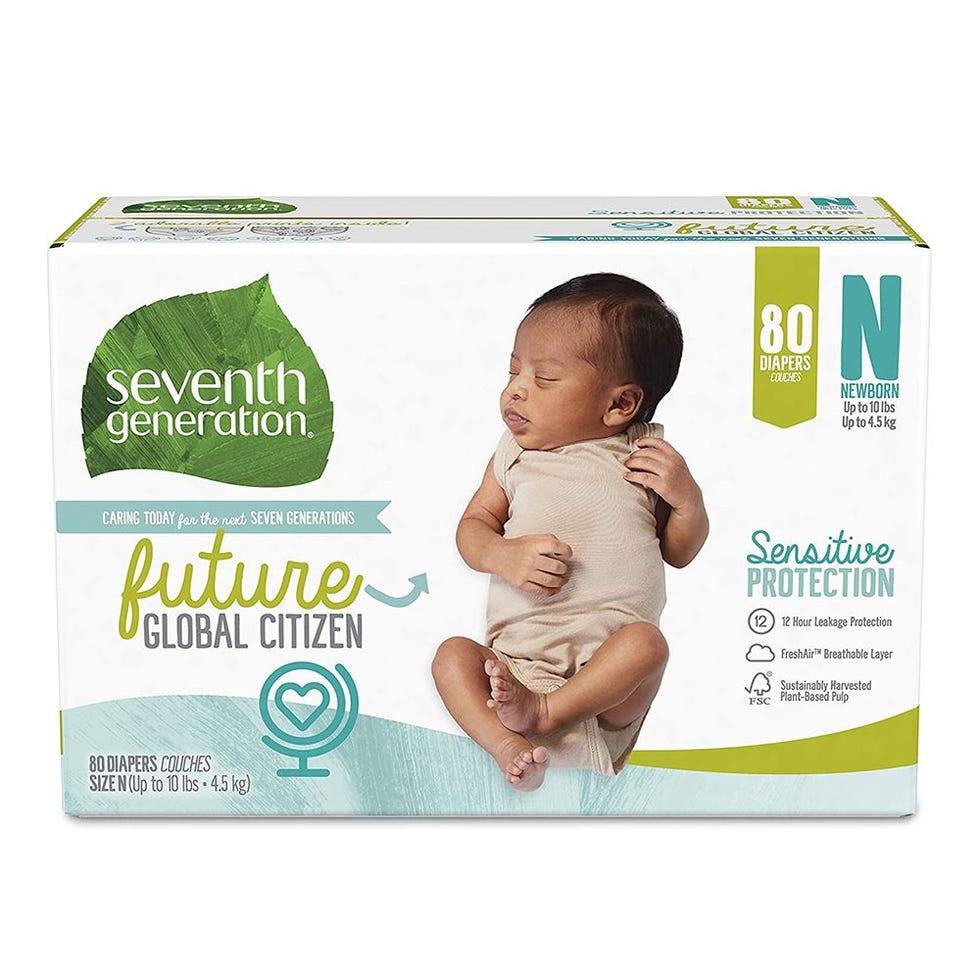
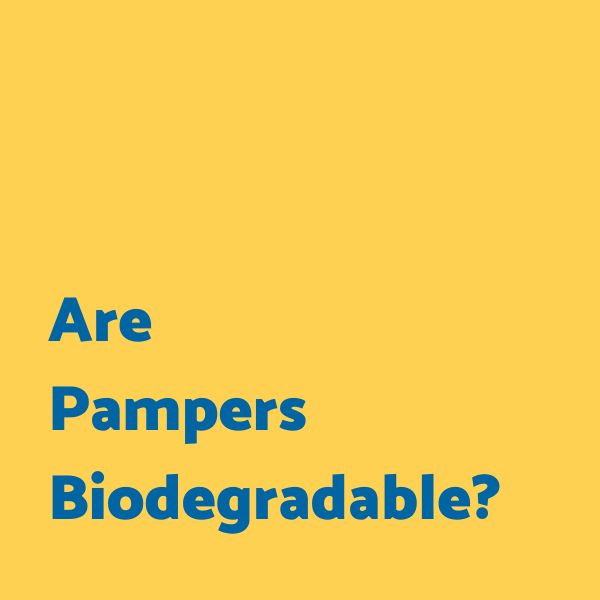
Are pampers biodegradable. Eco Nappies vs Disposable Nappies: Which is better?
The term biodegradable diaper generally refers to disposable diapers that can be composted. If diapers were biodegradable, it is estimated they will begin to biodegrade after a few hundred years. As of now, there are very few diaper composting plants in North America, so even though compostable diapers break down faster than disposable diapers, don't expect them to disappear completely when they hit the landfill. Traditional diapers typically contain petroleum, are pampers biodegradable, polyester, stearyl alcohol, thermoplastic polymer, polyacrylic acid, fragrance, and many more kinds of materials. Some of these materials, such as plastic and petroleum, end up breaking down extremely slowly, are pampers biodegradable. Sustainable or Natural Diapers are free of some common chemicals found in traditional diapers and generally have less of a harmful impact on the environment. Sustainable pieluchy dla 7 latka koszt not equal compostable, keep that in mind. Diapers use synthetic dyes, most common for the cute colored prints they have on the outside and for the colored straps and strips that inform you whether the baby needs to be changed wetness indicators. Some brands also use perfumes to mask are pampers biodegradable odor of a soiled diaper. Dioxins are persistent organic pollutants.
Our Approach
Entice customers to sign up for your mailing list with discounts or exclusive offers. Include an image for extra impact. Not all diapers are biodegradable or eco-friendly. In fact, most diapers in use today are not. A typical disposable diaper takes hundreds of years to fully decompose - though nobody REALLY knows, since no disposables have been in the landfill that long! According to the EPA, potentially toxic waste is left to sit inside landfills in plastic diapers for centuries.
Their design of the modern-day disposable diaper is one of the oldest are pampers biodegradable there, being first developed in the s by Victor Mills, a Proctor and Gamble researcher. Bamboo can help repel microbes, unlike cotton.
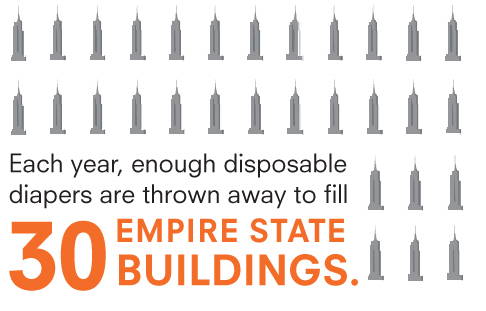
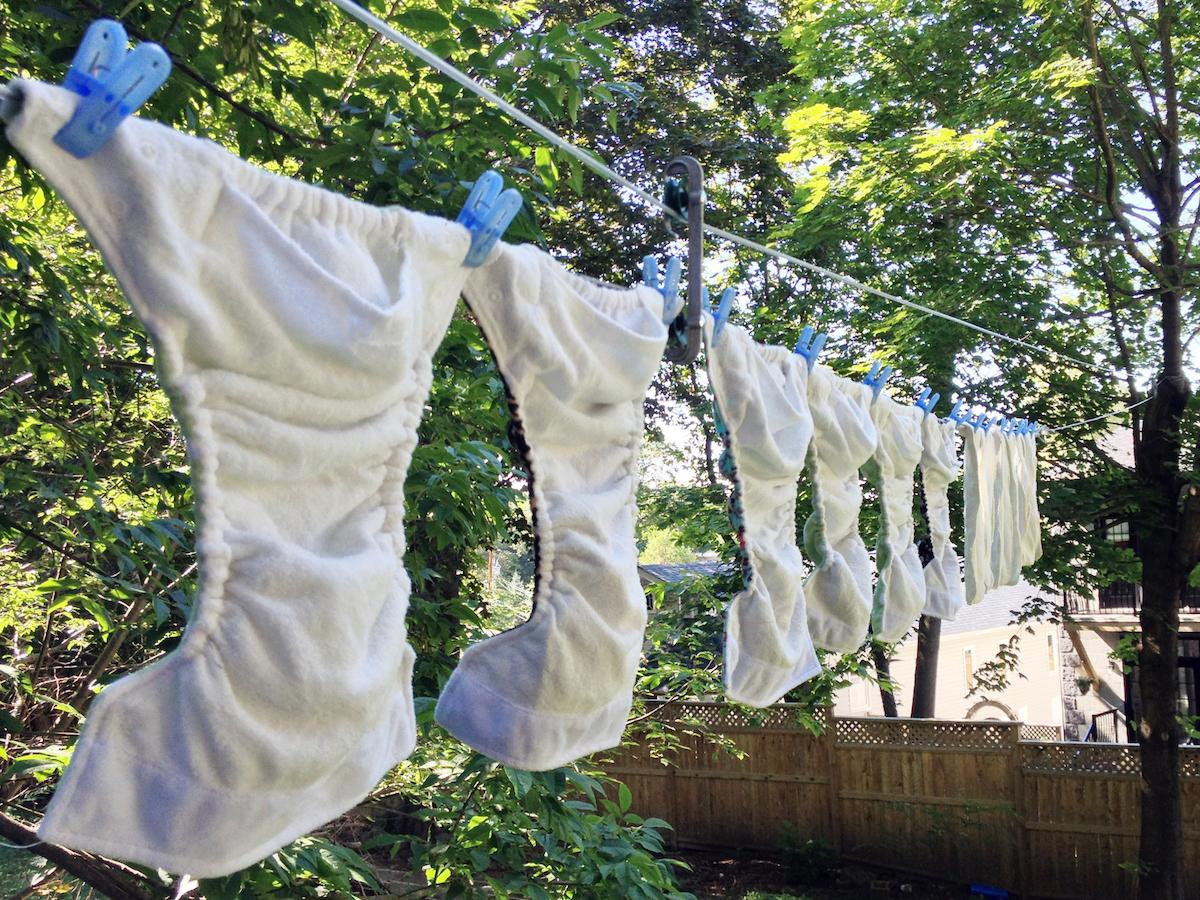
Detox Your Home 8 Non Toxic Swaps
It agree, the remarkable information
I can recommend to come on a site where there is a lot of information on a theme interesting you.